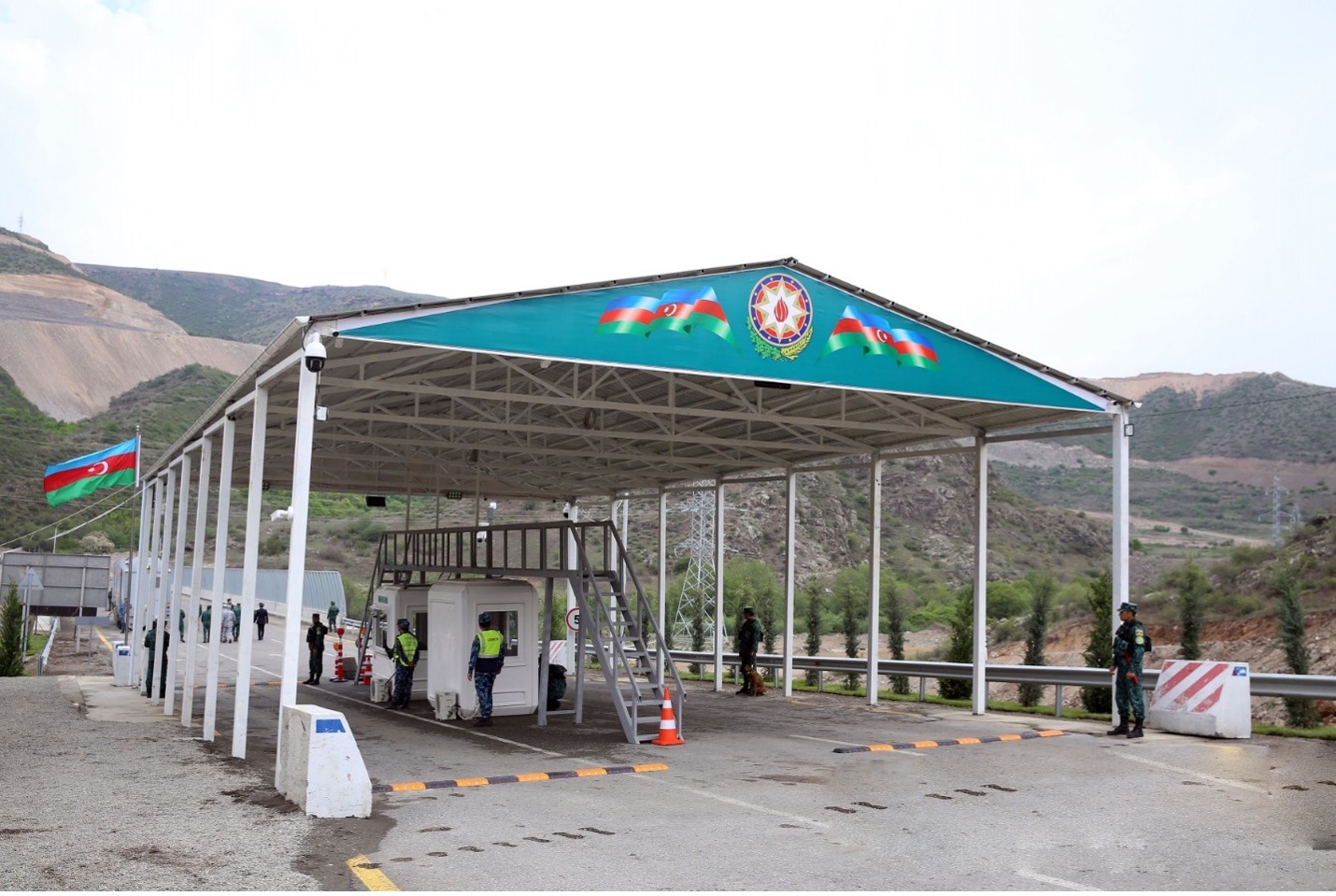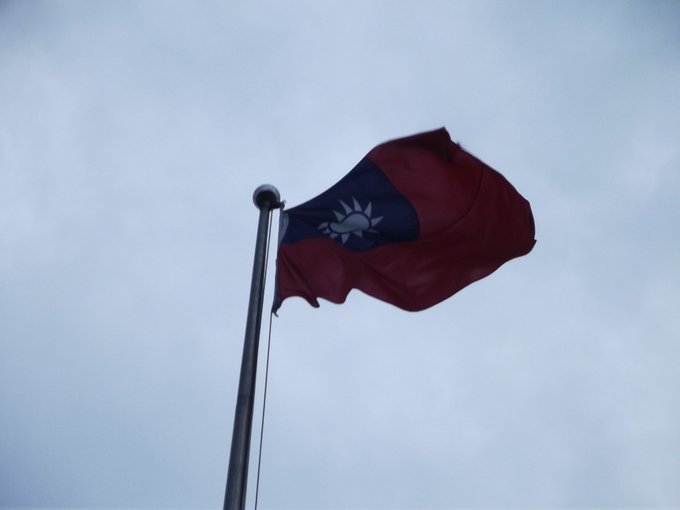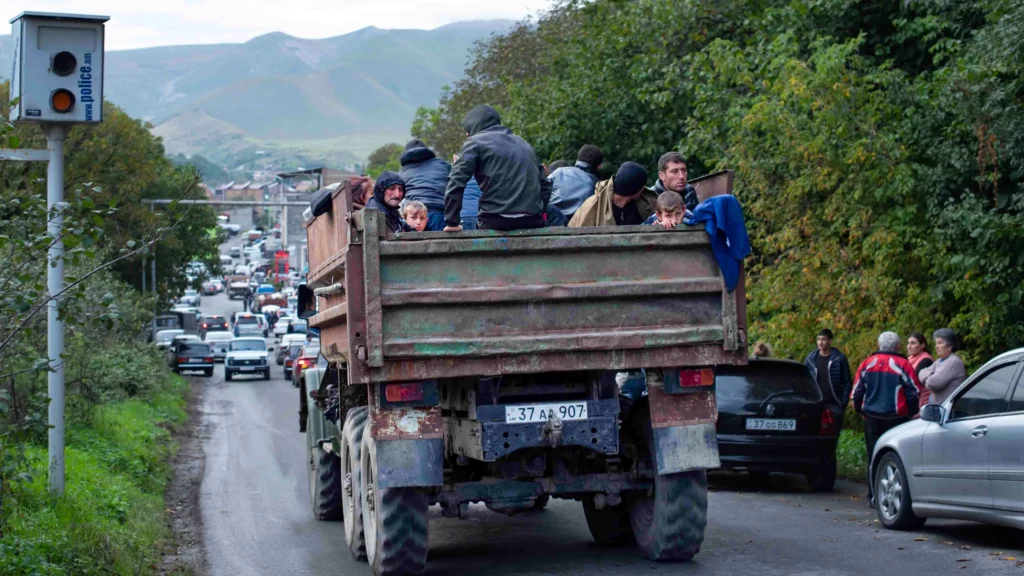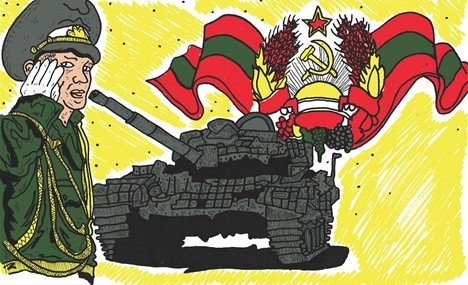Karabakh: A Long Path from Unrecognised State to the State Province
The end of the Second Karabakh War in November of 2020 did not solve the question of the future of the Armenian population of Karabakh and their status issue. Staying under protection of the Russian peacekeepers who rushed into the region in November of 2020, Karabakh Armenians still keep using independence rhetoric hoping for permanent Russian protection. At the same time, Prime Minister Pashinyan and President Aliyev have mutually recognized territorial integrity of Azerbaijan and Armenia, respectively, after the fifth meeting in Brussels in May of 2023 that took place under auspice of Charles Michel, the President of the European Council.
For Azerbaijan it is a diplomatic victory as the statement recognizes Karabakh as a part of Azerbaijan – this being one of the main priorities of the country in the last 30 years. Meanwhile, Baku has introduced a new territorial division in the region, dividing Karabakh and surrounding territories into two economic regions – Karabakh Economic Region and Eastern Zangezur Economic Region (Armenian Syunik province is often referred in Azerbaijan as Zangezur). In this way, Baku has sent out a signal saying that it would not accept using the term Nagorno (Mountainous) Karabakh and that the conflict has been resolved once and for all.
However, there is one aspect that prevents Baku and Yerevan to reach the final peace accord, that is the future of Karabakh Armenians. Yerevan wants security guarantees and some kind of status (supported and monitored by international community) that would allow Karabakh Armenians to have semi-independence status. Baku in its turn does not want to give any status or involvement of outside powers into its internal affairs. Azerbaijan considers relations with its defiant Armenian population as defined and regulated by its own constitution. Such diametrically opposed position of the sides has hindered negotiations between Armenia and Azerbaijan for the last three years.
Meanwhile, the presence of the Russian peacekeepers in Azerbaijan adds some peculiarity. Azerbaijan’s number one policy priority in the next two years is ensure that the Russian peacekeepers in Karabakh will leave the country so that the reintegration of the defiant ethnic Armenian population of Karabakh can start. Baku’s nightmare scenario would be a situation when Moscow distributes the Russian passports to Karabakh Armenians with further recognition of their self-determination claim. This explains why Baku has been closely cooperating with Moscow on a wide variety of issues such as humanitarian assistance, and safe passage for Armenians since the end of the Second Karabakh War.
At the same time, Baku has also been slowly encroaching and de-occupying territories from Karabakh Armenians. During 2020-2023 Baku regained control over several heights, villages and territories in Karabakh while further squeezing the territory under the control of the Russian peacekeepers. On August 25, 2022, Baku successfully returned to city Lachin and several nearby villages, thus making the situation more favourable for Azerbaijan. Armenian side claims that Azerbaijan has done all encroaching with informed consent of the Russians, while Azerbaijani side reiterates that it does not need any agreement from Russia since this is its own territory.
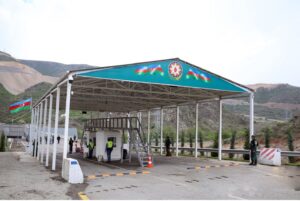
Image: A checkpoint installation on the border with Armenia at the entrance of the Lachin road which connects the Karabakh since April 23, 2023 (Source: Azertag)
Finally on April 23, 2023, the State Border Service of Azerbaijan established a checkpoint on the bridge between Armenia and Azerbaijan, successfully taking under control the last unmonitored road between Armenia and Azerbaijan. Although this event brought euphoria to Azerbaijani public by restoring the full sovereignty over the borders, it also created mounted concerns for the Armenian side. Yerevan accused the Russian peacekeepers and Azerbaijan in violating the terms of agreement from November 10, 2020. Azerbaijan responded by stating that the control over the road was taken in order to prevent Armenian troops moving their military equipment, mines and military personnel from Armenia to Karabakh. Needless to say, Baku has accused Armenian separatists in planting mines that have killed dozens of people during the last three years.
Although the unilateral “border action” received mostly deep concerns from the US and EU, nevertheless, the reaction remained soft since it became understandable that Azerbaijan did not violate any international agreement. Russia’s further statements and concerns showed that Moscow was not informed about Azerbaijani plans to establish this checkpoint, but it could not prevent this action either with the risk of spoiling relations with Azerbaijan and Turkey.
Other than that, Azerbaijan has gradually increased pressure on Karabakh Armenians through various channels. First, Baku has appointed special representative for negotiations with Karabakh Armenians and has made serious efforts to get their own representatives for negotiations to Baku. Azerbaijan has expressed strong will to start discussions of reintegration of Karabakh Armenians and has called for launching the process without Russian mediation. Nevertheless, Karabakh Armenians have rejected these moves, leading Baku to accuse Armenians in non-constructive approach for reintegration.
Second, President Aliyev has promised an amnesty for those Karabakh Armenians seeking for secession on the condition that the “NKR parliament” should be dissolved, the individual calling himself “NKR president” should step down, and all de facto “ministers” and other “officials” should resign from all their illegal duties and apply for Azerbaijani citizenship. Arguably, these initiatives have received a warm welcome from the US and EU political circles, hailing reintegration of Karabakh with Azerbaijan, and at the same time, have caused uneasiness in the Russian camp, fearing that from now on both sides will use the Western platforms and do not need the Moscow’s mediation any longer.
Interestingly, Russia’s official view and public sentiment on Azerbaijan looks favourable. Azerbaijan is seen if not an ally then at least a neutral state. During the last years, the level of Russian anti-Azerbaijani propaganda has gone to a minimum and has incentivised Baku to closely cooperate with Russia’s peacekeepers. At the same time, war in Ukraine is reshuffling dynamics in the South Caucasus and Eurasia overall, forcing Baku and Yerevan to talk to each other through new formats and negotiators. Baku and Yerevan seem enthusiastic to explore new alternative platforms for discussing their bilateral relations and Karabakh issue, one being Brussels.
However, Baku remains very cautious in the involvement of the EU into Azerbaijan-Armenian relations for some reasons. While claiming that the Karabakh conflict is over, or that there is no need for mediation between Baku and Karabakh Armenians, Azerbaijan tries to keep external players at bay. In other words, Baku may accept support and assistance from the EU, US, or others in their efforts for reconstruction of Karabakh and helping Azerbaijan to build relations with Armenia, but this cannot be made conditional on autonomy of Karabakh Armenians. In other words, Baku may go for accommodating some concerns of Karabakh Armenians once the peace treaty with Armenia is signed, and Karabakh issue is recognised as internal issue by all external players. For the time being Baku believes that softening its own position would allow Armenians to avoid signing peace treaty or bring new demands.
The South Caucasus region is yet to see if Russia emerges stronger or weaker from the war in Ukraine. In the former scenario, the Kremlin may have an upper hand to keep dominating the Karabakh issue, while in the latter case, a weaker/humiliated Russia may either try to make gains elsewhere (Karabakh) or be squeezed out of the region. To this end, the outcome of this war will directly affect the future of Russian peacekeepers in Karabakh. Overall, for Azerbaijan there is uncertainty in the general security system in the South Caucasus.
More precisely, the war may create security dilemma pushing different sides to miscalculate. Russia always tries to maintain its regional influence through bilateral mechanisms or exploit insecure situations in the region as a tool to manipulate. It is obvious that in the forthcoming years, Baku will have to negotiate with Moscow over the fate of those territories under the control of peacekeepers, knowing that Russia will demand a high price. Thus, Azerbaijan will be more sceptical of Russian peacekeepers and will go to great lengths to get rid of them as soon as possible.
The war in Ukraine has deepened contradictions between the West and Russia. This may lead to the following scenarios: a) intensified rivalry between the West and Russia over including the South Caucasus under sphere of influence, b) weaken Russia’s position in the South Caucasus, c) make the West withdraw from the South Caucasus and intensify Russia’s position here. Depending on which scenario unfolds, the Karabakh issue will be affected consequently. The war in Ukraine will determine whether the South Caucasus maintains the Russia-centred security configurations, particularly in Karabakh, or whether these will be replaced by Western-centred configurations. On the diplomatic front, the EU seems to be the best candidate to emerge as an alternative mediation platform to the mostly Russia-led process. It is in Azerbaijani interests as it works according to the agenda set by Baku (no status, no OSCE, no conflict plus future oriented approach). Likewise, increasing the number of direct contacts between Armenia and Azerbaijan will also weaken Russian leverage.
Author: Anar Valiyev


